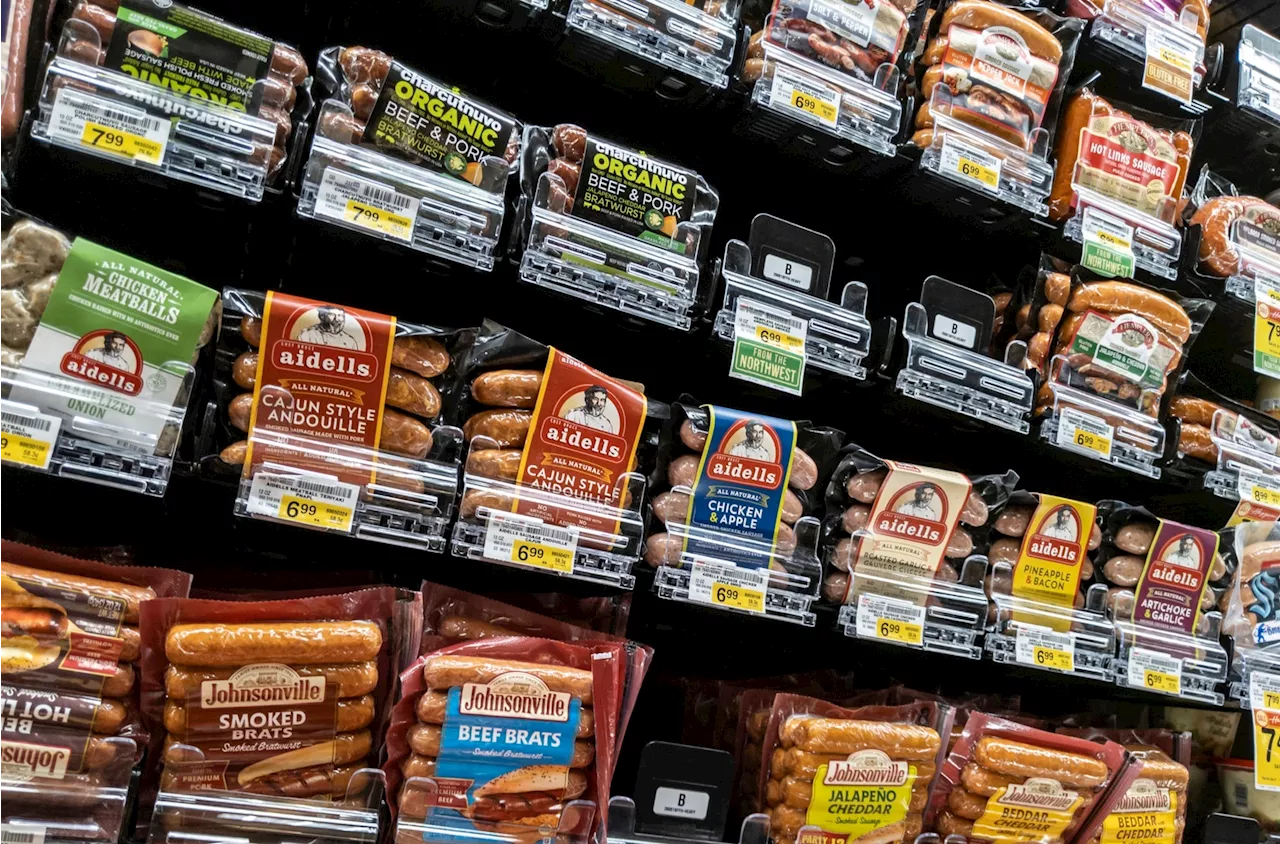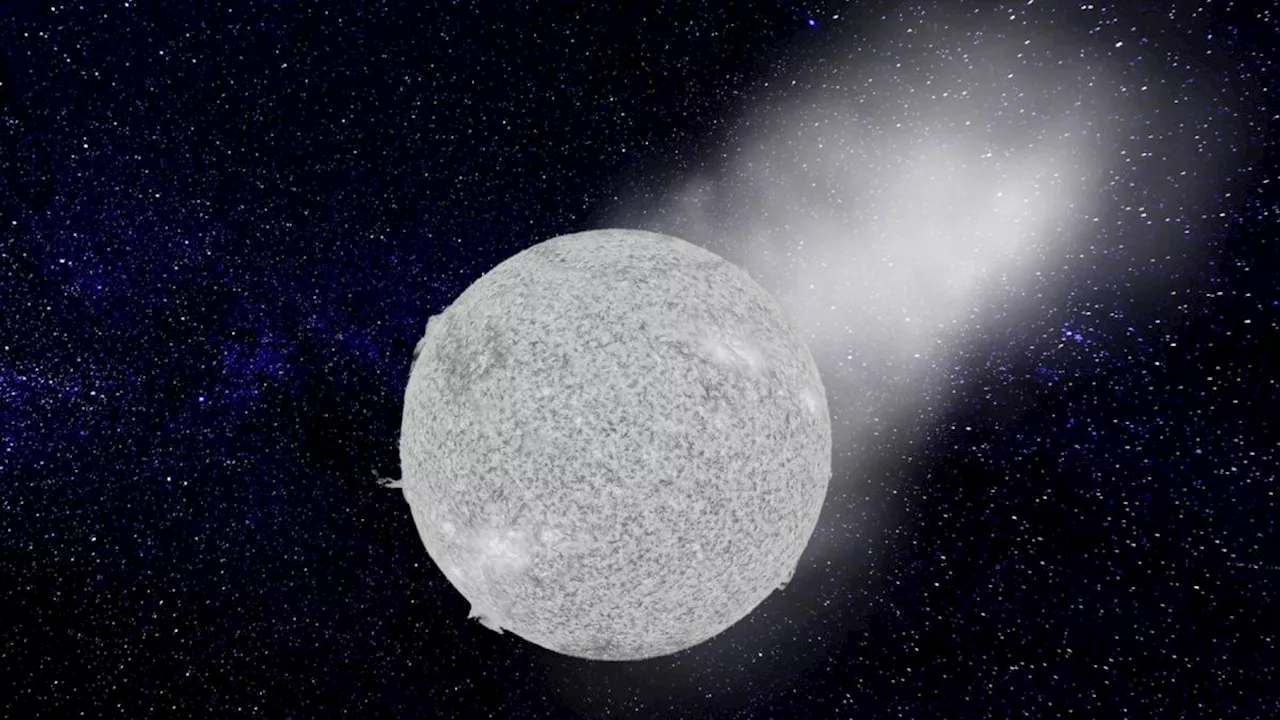John Alexander is a contributor at Popular Science, with a specialty in Buyer’s Guides. He was formerly a biologist, working as an assistant in laboratories before moving onto education and, finally, writing. In addition to Popular Science, his work has appeared in WIRED, DigitalTrends, and HeadPhonesty.
With hundreds of thousands of Android games on the Google Play Store, it can be tricky to find ones that are suitable to play. Often, the games we see advertised the most for Android phones and tablets are also the most predatory. Avoiding games designed more to take our cash than to entertain us is difficult, but we can help by recommending five of the best Android games that break the mold and still provide plenty of fun. Super Auto Pets Assemble a team of cute creatures with super powers.
Grabbing early-game, high-point cards while you can will always feel good, for example, but seeing those cards again and again throughout a match can feel exhausting. As mentioned, this game originates from older source material. However, this digital rendition is a fairly new implementation of the game, and at the time of this writing, it remains in early access.
United States Latest News, United States Headlines
Similar News:You can also read news stories similar to this one that we have collected from other news sources.
 Euclid telescope's first images offer full-color look at the cosmosDenise Chow is a reporter for NBC News Science focused on general science and climate change.
Euclid telescope's first images offer full-color look at the cosmosDenise Chow is a reporter for NBC News Science focused on general science and climate change.
Read more »
 Hannah Seo ArchivesHannah Seo is a science contributor at Popular Science. She started as an intern in 2020 and has since regularly contributed to both Popular Science’s website and quarterly magazine.
Hannah Seo ArchivesHannah Seo is a science contributor at Popular Science. She started as an intern in 2020 and has since regularly contributed to both Popular Science’s website and quarterly magazine.
Read more »
 Supermassive black holes are messy eaters big on recyclingRobert Lea is a science journalist in the U.K. whose articles have been published in Physics World, New Scientist, Astronomy Magazine, All About Space, Newsweek and ZME Science. He also writes about science communication for Elsevier and the European Journal of Physics. Rob holds a bachelor of science degree in physics and astronomy from the U.K.
Supermassive black holes are messy eaters big on recyclingRobert Lea is a science journalist in the U.K. whose articles have been published in Physics World, New Scientist, Astronomy Magazine, All About Space, Newsweek and ZME Science. He also writes about science communication for Elsevier and the European Journal of Physics. Rob holds a bachelor of science degree in physics and astronomy from the U.K.
Read more »
 'Rogue' star won't collide with our solar system in 29,000 years after allRobert Lea is a science journalist in the U.K. whose articles have been published in Physics World, New Scientist, Astronomy Magazine, All About Space, Newsweek and ZME Science. He also writes about science communication for Elsevier and the European Journal of Physics. Rob holds a bachelor of science degree in physics and astronomy from the U.K.
'Rogue' star won't collide with our solar system in 29,000 years after allRobert Lea is a science journalist in the U.K. whose articles have been published in Physics World, New Scientist, Astronomy Magazine, All About Space, Newsweek and ZME Science. He also writes about science communication for Elsevier and the European Journal of Physics. Rob holds a bachelor of science degree in physics and astronomy from the U.K.
Read more »
 James Webb Space Telescope watches infant galaxies bringing light to the early universeRobert Lea is a science journalist in the U.K. whose articles have been published in Physics World, New Scientist, Astronomy Magazine, All About Space, Newsweek and ZME Science. He also writes about science communication for Elsevier and the European Journal of Physics. Rob holds a bachelor of science degree in physics and astronomy from the U.K.
James Webb Space Telescope watches infant galaxies bringing light to the early universeRobert Lea is a science journalist in the U.K. whose articles have been published in Physics World, New Scientist, Astronomy Magazine, All About Space, Newsweek and ZME Science. He also writes about science communication for Elsevier and the European Journal of Physics. Rob holds a bachelor of science degree in physics and astronomy from the U.K.
Read more »
 Europe's 1st continental spaceport is open for business in NorwayRobert Lea is a science journalist in the U.K. whose articles have been published in Physics World, New Scientist, Astronomy Magazine, All About Space, Newsweek and ZME Science. He also writes about science communication for Elsevier and the European Journal of Physics. Rob holds a bachelor of science degree in physics and astronomy from the U.K.
Europe's 1st continental spaceport is open for business in NorwayRobert Lea is a science journalist in the U.K. whose articles have been published in Physics World, New Scientist, Astronomy Magazine, All About Space, Newsweek and ZME Science. He also writes about science communication for Elsevier and the European Journal of Physics. Rob holds a bachelor of science degree in physics and astronomy from the U.K.
Read more »
